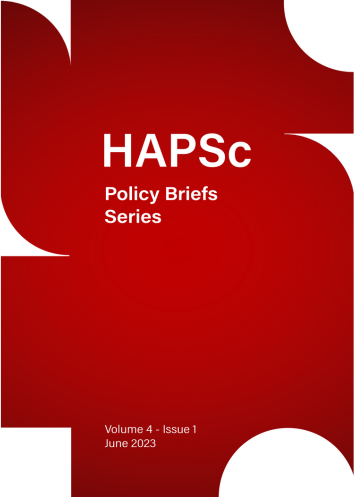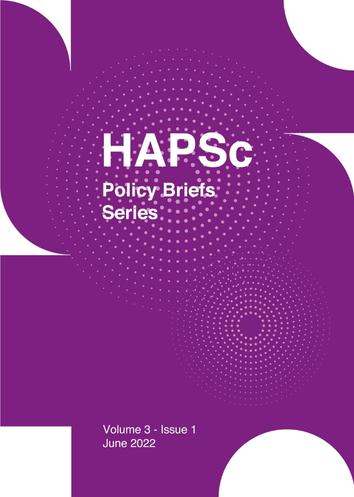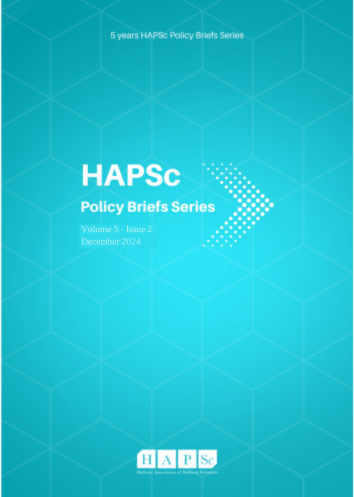A Set of Dead-End and Development in the South China Sea: A 2-Level Game Analysis of the Philippines-China Arbitration Case

Abstract
Being the heart of the Indo-Pacific, Southeast Asia has seen numerous regional disputes over the years. One of which has remained a vocal point of dispute between the states in and outside the region, that is the South China Sea dispute. An interesting point of development in the South China Sea dispute can be pointed to the China-Philippines arbitration case. Such is the case as China, despite having its action in the waterway deemed illegal, simply brushed it off and remains insistant on its claim. Through incorporating the qualitative research method and relevant concepts like the 2 level game theory, the article seeks to explain why China made that decision. Along with that, the article also seeks to posit some regional implications that states in the region should take note of. In understanding the first issue, the 2 level game theory fits the bill as it allows the writers to learn the forces behind China’s eventual foreign policy decision. Here, China’s national interest along with its realization over its power standing plays a big part in the eventual outcome. For the latter, should China’s assertiveness be left with no proper response, it may endanger the region’s growth and stability. Not only that, it would also bring into the stage another global power like the US that would again take the spotlight from ASEAN and its member states. Against such consequences, it is important for ASEAN member states, both claimant and non-claimant, to align their view and approach towards the region’s perennial issue.
Article Details
- How to Cite
-
Sudargo, A. A., & Manullang, A. J. (2023). A Set of Dead-End and Development in the South China Sea: A 2-Level Game Analysis of the Philippines-China Arbitration Case. HAPSc Policy Briefs Series, 4(1), 95–103. https://doi.org/10.12681/hapscpbs.35188
- Section
- Articles

This work is licensed under a Creative Commons Attribution 4.0 International License.
Authors retain copyright and grant the journal right of first publication with the work simultaneously licensed under a Creative Commons Attribution License that allows others to share the work with an acknowledgement of the work's authorship and initial publication in this journal.



